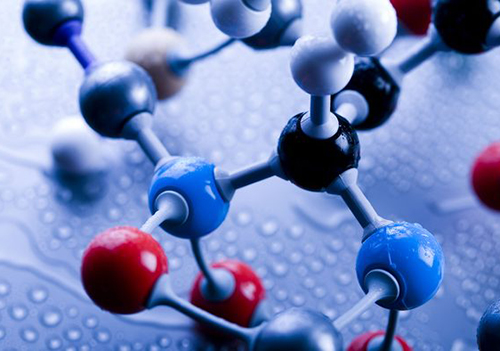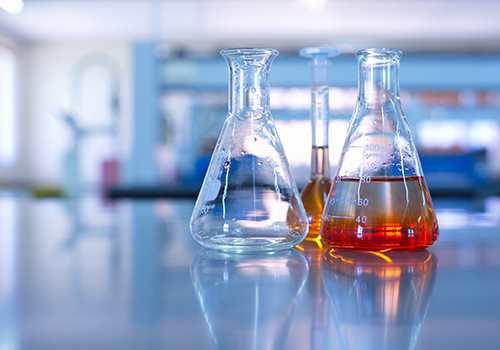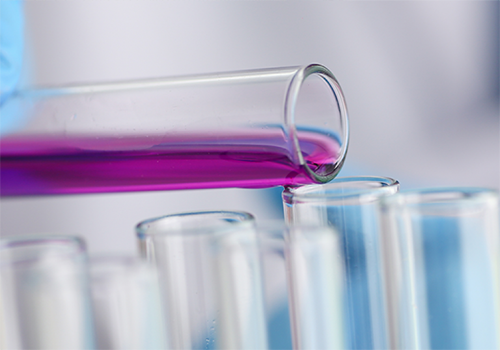Student Success
Our number one priority is supporting student success. Here you will find additional information about our department and program that should know. Our faculty have developed a rigorous program that build around a close interaction with our students which we believe is key to students mastering complex material and preparing for employment and or advanced studies.
State of the Industry Equipment & Instrumentation
The Chemistry Department features state-of-the-industry laboratory equipment and instrumentation. Laboratory bench experience includes ready access to computers for simulation and recording purposes. There are laboratory areas dedicated for laboratory courses as well as research activities. Chemistry students also enjoy the use of chemistry computer lab.
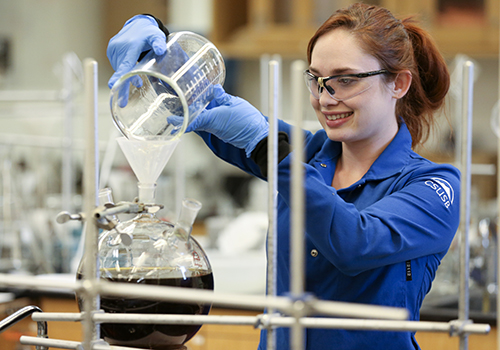
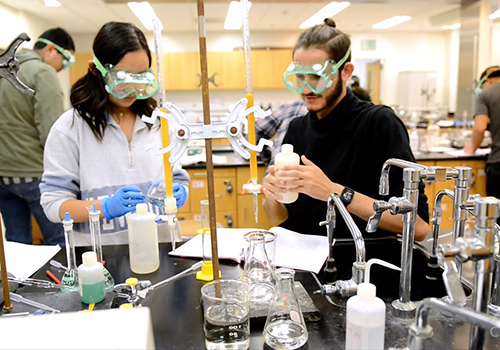
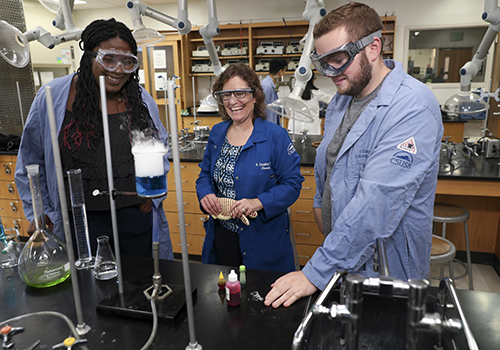
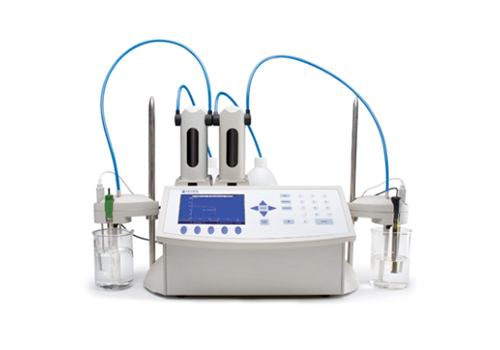
Hanna Instruments 902C Autotitrator
Year Purchased: 2013
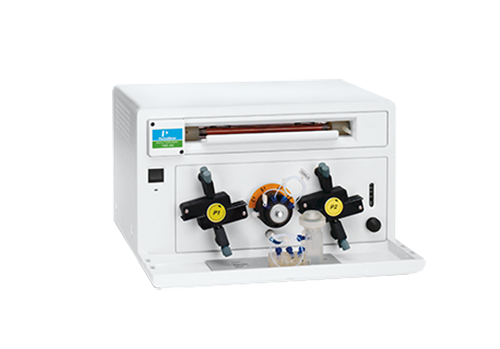
FIMS 400 Flow Injection Mercury Analyzer
Year Purchased: 2014
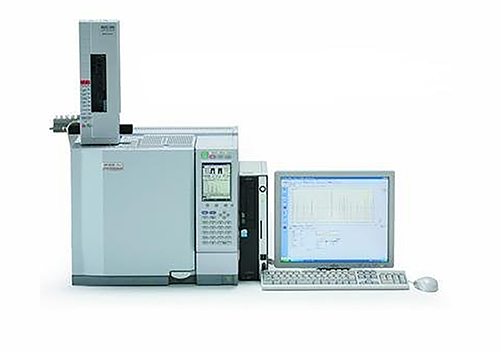
Shimadzu 2010 GC Gas Chromatograph-Mass Spectrometer
Year Purchased: 2015
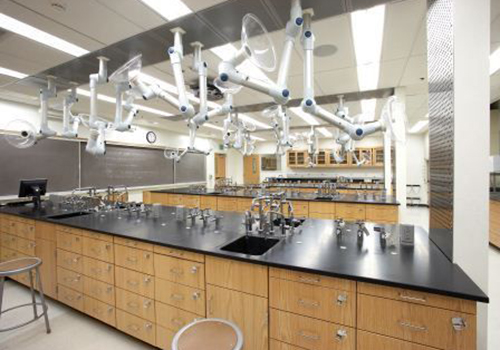
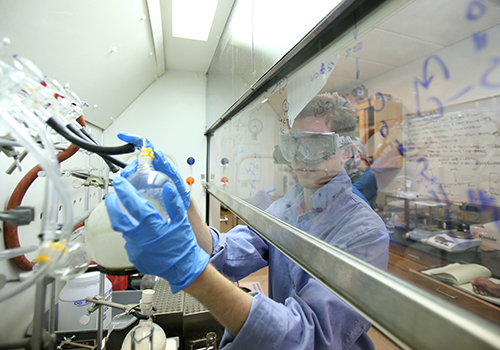
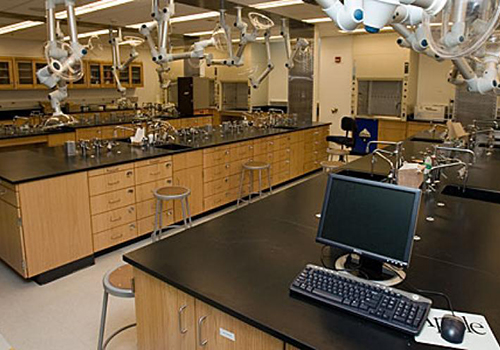
Quality Instruction & Personal Attention to Our Students
The Department prides itself on the quality of the instruction it provides and the personal attention given to its students. Most class are deliberately kept to a moderate size, so students can better interact with the instructor. General chemistry lecture classes are usually capped at 96, while upper division classes are anywhere between 10-72 students. Laboratory classes are typically 24 for general chemistry, and 16-20 or less for most upper division classes. The upper division labs are mostly taught by permanent faculty, and the lower division laboratories are mostly taught by the part-time lecturers and a few teaching associates from the MSES program. Good advice is considered a key aspect to academic progress at CSUSB, and chemistry faculty advisors are available for consultation. Each student majoring in chemistry or biochemistry will be required to see an advisor at least once each year to ensure they are on track for graduation.
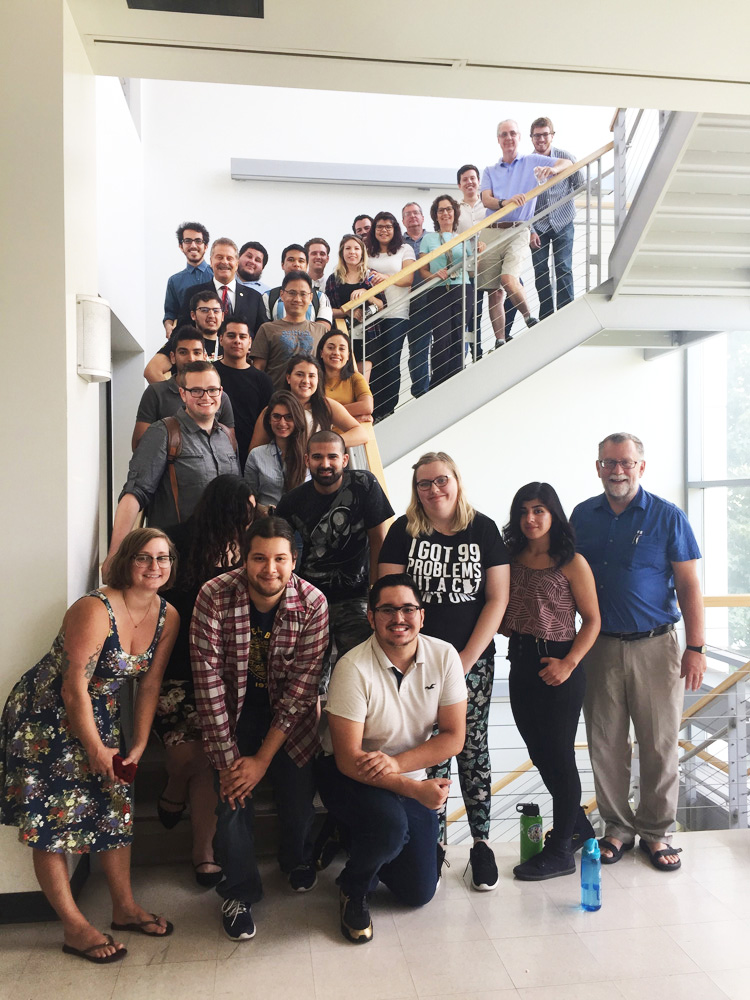
CREST Team
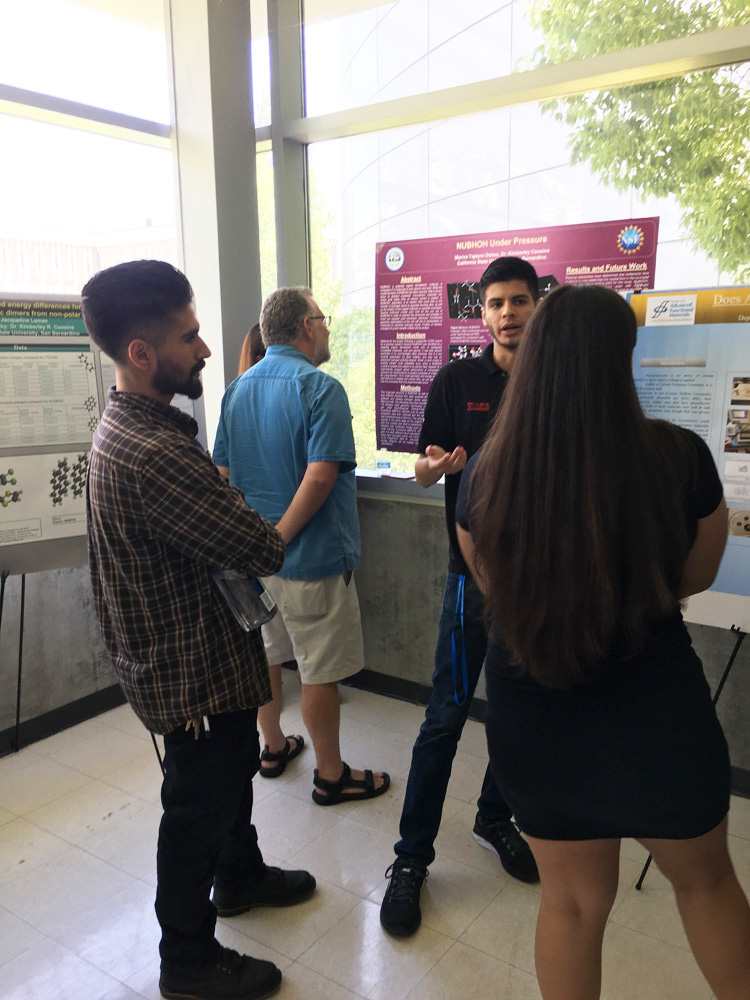
CREST Summer Symposium
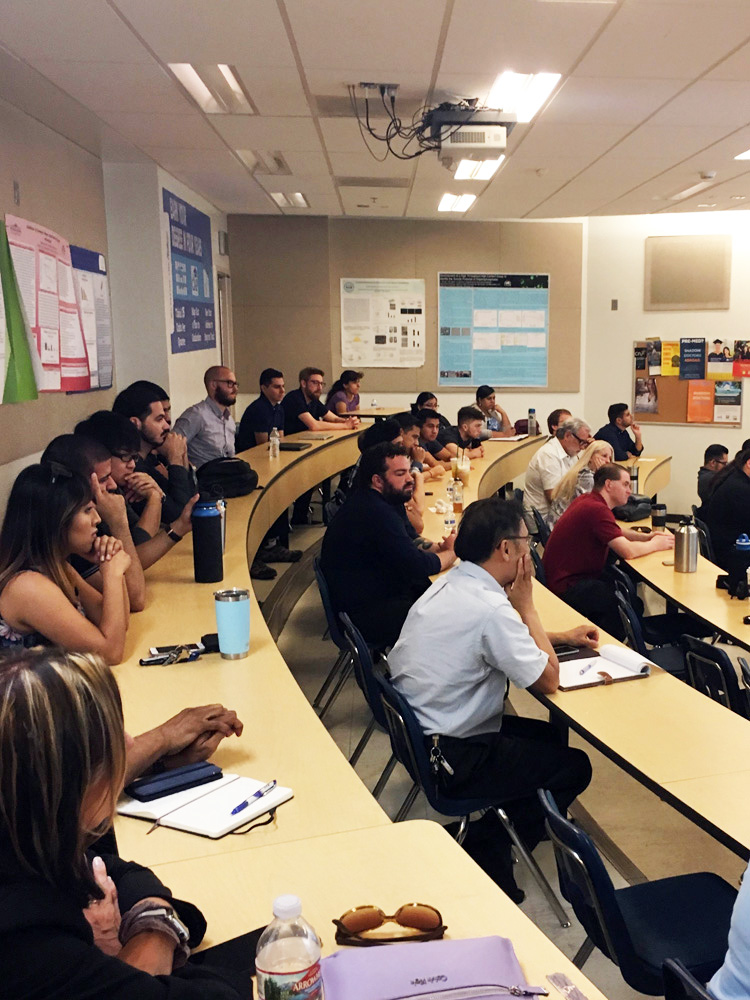
CREST Workshop
Centers of Research Excellence in Science and Technology II (CREST II)
A new $5 million federal grant to the College of Natural Sciences (CNS) strongly positions Cal State San Bernardino as a center for important research in the science of functional materials, providing hands-on research experiences for diverse students.
The funding from the National Science Foundation’s (NSF) Centers of Research Excellence in Science and Technology II (CREST II) program is the second $5 million NSF grant awarded to the college’s Center for Advanced Functional Materials (CAFM).
